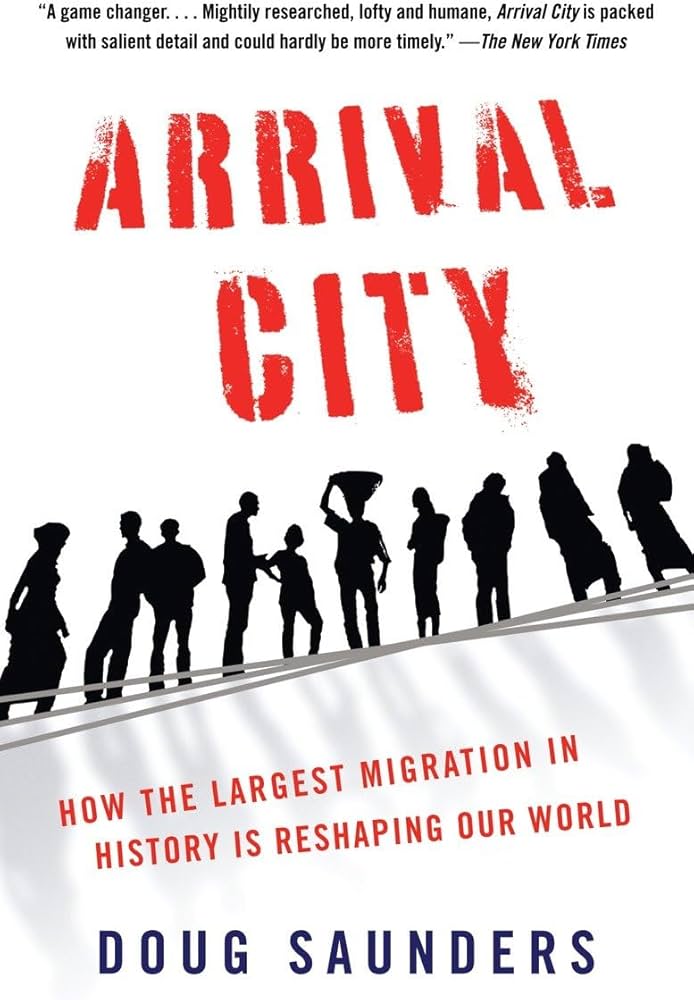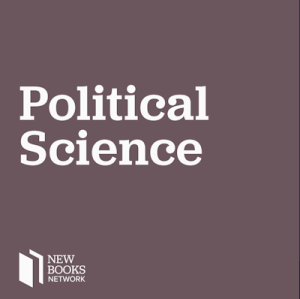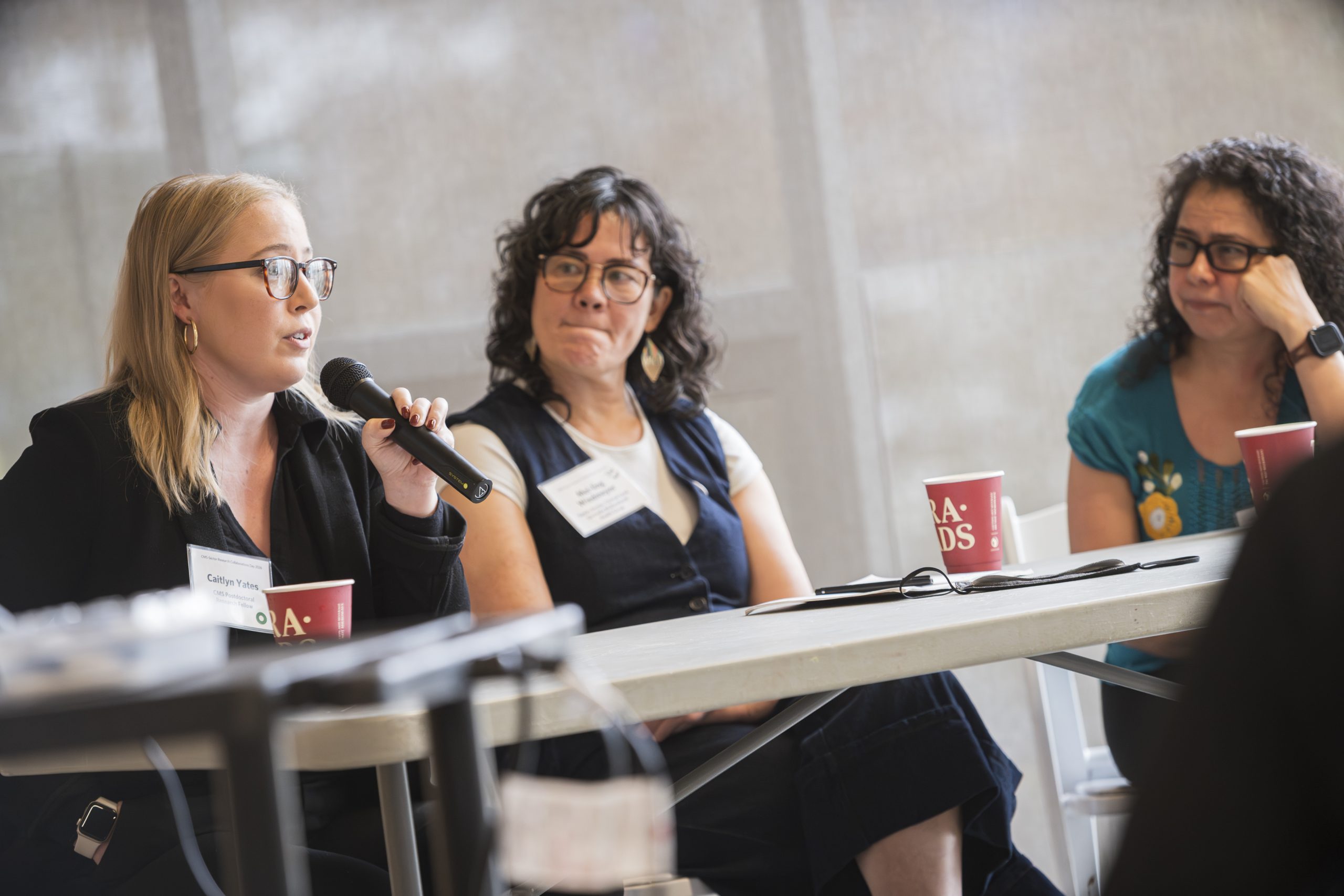As the first speaker in our series, Dr. Andrew S. Rosenberg shares three recommendations in connection with his upcoming talk, “Shades of Perception: Non-White Refugee Arrivals and Migration Policy Restrictiveness in the Global North,” on September 16.
You will also find a link to Dr. Rosenberg’s recent paper on race and systemic crises in international politics.


Arrival City: How the Largest Migration in History Is Reshaping Our World by Doug Saunders
For the first time in history, there are now more people in the world living in cities than in rural areas, and many of them are clustering on the urban outskirts. Arrival City argues that this incredible movement of peoples, unfolding before our eyes, will be one of the most important trends in the twenty-first century. From Istanbul to Los Angeles, from Warsaw to Shenzhen, China, Doug Saunders shows how the success or failure of the immense communities forming on the fringes of traditional cities is having a profound effect on local, national, and international development.


The Citizen (2017)
Directed by Roland Vranik
109 min • Hungarian • Drama
Wilson, a black man in his late fifties, has been living as a refugee in Hungary for years. He works as a security guard in Budapest and his main desire is to acquire Hungarian citizenship, but he keeps failing the exams that are required for his application. In preparing for the next exam, he is helped by Mari, a Hungarian woman of roughly the same age who is a history teacher. Unexpectedly the teacher and her pupil start to develop deep affection towards each other.


The New Books in Political Science Podcast: “Undesirable Immigrants: Why Racism Persists in International Migration” by Andrew S. Rosenberg
Hosted by Lamis Abdelaaty, Nov 7, 2022
The Immigration and Nationality Act of 1965 officially ended the explicit prejudice in American immigration policy that began with the 1790 restriction on naturalization to free White persons of “good character.” By the 1980s, the rest of the Anglo-European world had followed suit, purging discriminatory language from their immigration laws and achieving what many believe to be a colorblind international system. “Undesirable Immigrants: Why Racism Persists in International Migration” challenges this notion, revealing how racial inequality persists in global migration despite the end of formally racist laws.
Rosenberg AS. Race and systemic crises in international politics: An agenda for pluralistic scholarship. Review of International Studies
Abstract
In recent years, scholars of global politics have shown that issues of race and white supremacy lie at the centre of international history, the birth of the field of International Relations, and contemporary theory. In this article, I argue that race plays an equally central role in the 21st century’s current and future crises: the set of systemic risks that includes intensifying climate change, deepening inequality, the endemic instabilities of capitalism, and migration. To make this argument, I describe the contours of the current crisis and show how racism amplifies its effects. In short, capitalism’s winners and losers and the effects of climate change fall along racial lines, amplifying both direct and indirect racial discrimination against non-white migrants and states in the Global South. These interdependent crises will shape the next 50 years of international politics and will likely perpetuate the vicious cycle of global racial inequality. Accordingly, this article presents a research agenda for all IR scholars to explore the empirical implications of race in the international system, integrate marginalised perspectives on global politics from the past and present into their scholarship, and address the most pressing political issues of the 21st century.


